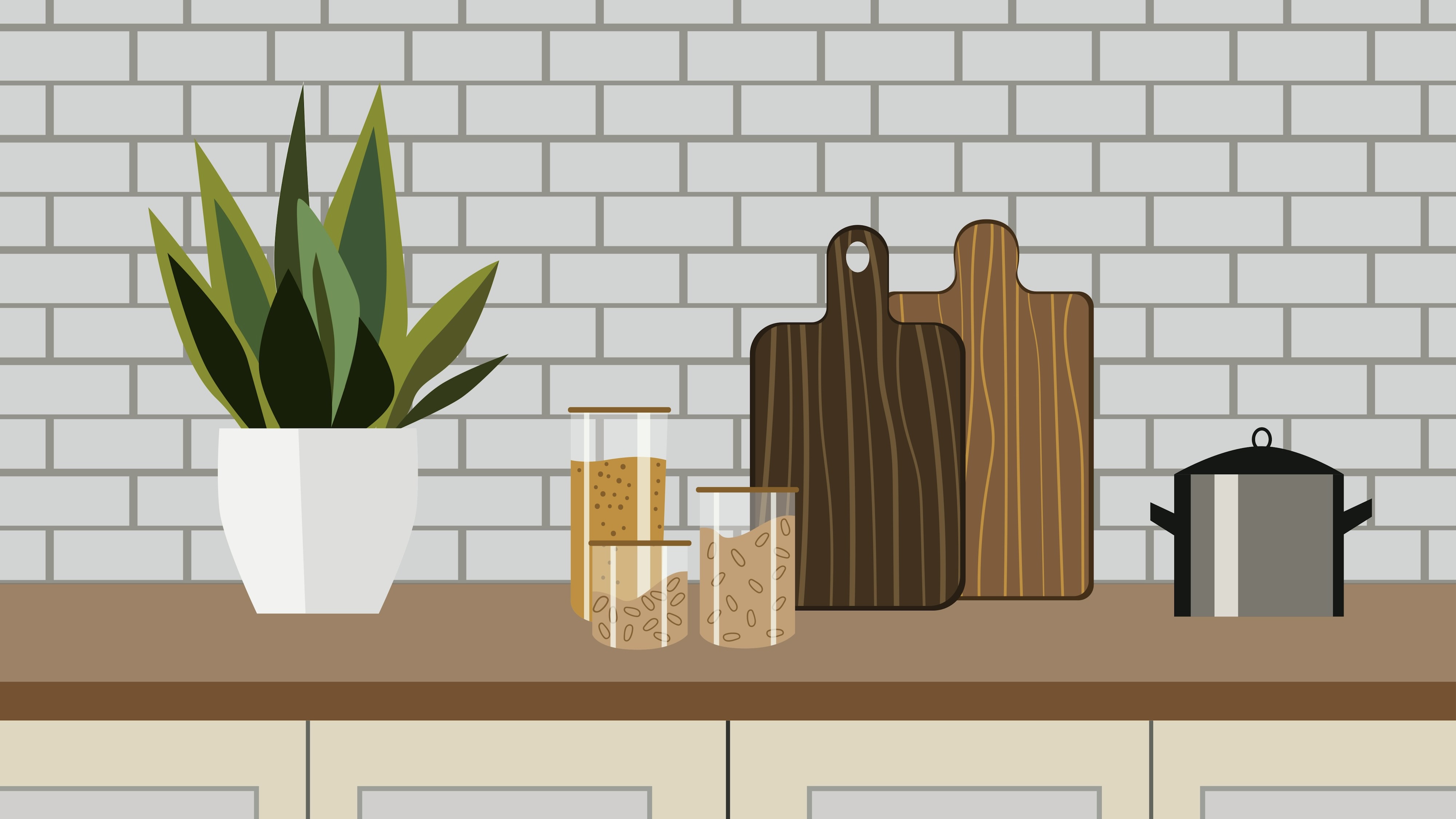
A third of all food produced is lost or wasted. In the EU alone, that amounts to over 58 million tons per year. Most of it ends up in landfills, where it emits methane and contributes to biodiversity loss—not somewhere far away, but through systems we touch every day (European Commission, 2023).
This isn’t just about guilt. It’s about noticing. Food scraps aren’t useless. Coffee grounds enrich soil microbes. Citrus peels deter pests in gardens. Onion skins, boiled with water, become nutrient-rich broth. Waste isn’t always about excess – it’s often about neglect.
In Amsterdam, community compost initiatives now allow residents to contribute scraps to local gardens. Some programs offer shared worm farms for entire apartment blocks. The result is – connection (The Cool Down, May 2025).
A project in Shenzhen redesigned residential areas to include food-waste collection bins on every floor, reducing landfill reliance by 37% in one year (ScienceDirect, March 2025).
Place a bowl beside the sink. See what you throw out over three days. Not to optimize your consumption, but to understand it. One user in Zurich kept a visible compost jar on her counter – not to guilt herself, but to start conversations with her children (Zero Waste Store, 2025).
Rewilding also means resisting plastic. Most kitchen waste is wrapped in packaging – sealed, synthetic, and non-compostable. A shift to bulk shopping or reusable produce bags limits what ends up in soil. Plastic particles interrupt the decomposition process and harm fungi and bacteria that restore balance (Yanko Design, 2025).
A bread crust left out becomes croutons. Vegetable tops become soup. Small things, repeated often, recalibrate how value is defined.
Food tracking startups in the U.S. now analyze digital receipts to identify patterns in household waste. One report showed that salad greens top the list of frequently discarded foods. Why? Short shelf lives, overbuying, unclear expiration labeling (WasteDive, May 2025).
It’s not about perfection. You don’t need a garden or a balcony. You don’t need the ideal setup. One apartment in Vienna began a compost drop-off point in the corner of a parking garage. Residents brought their scraps. The smell didn’t worsen, because they learned to sort well. It became part of their week (Daily Nexus, April 2025).
A rewilded bin is not aesthetic. It’s real. It holds what could have been forgotten, and gives it another role.
Sometimes that’s enough.